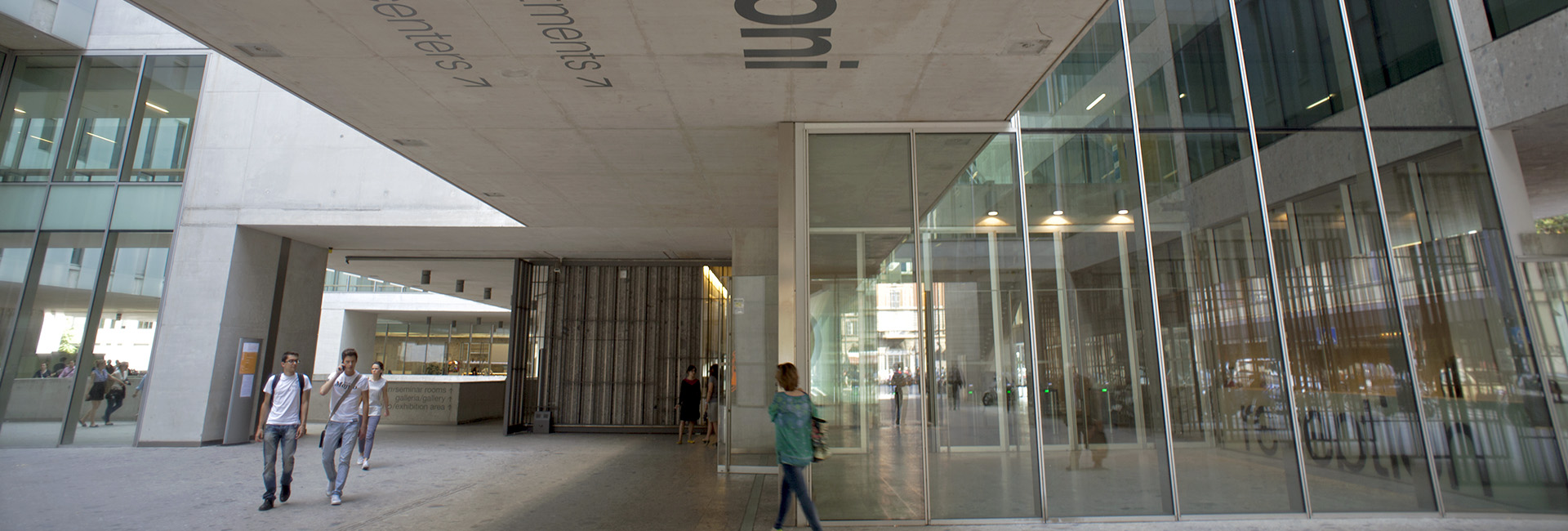30313 - ECONOMICS OF INSTITUTIONS AND CULTURE
Course taught in English
Go to class group/s: 31
Synchronous Blended: Lezioni erogate in modalità sincrona in aula (max 1 ora per credito online sincrona)
Microeconomics, Basic Econometrics.
How do institutions and culture affect economic outcomes? This course is designed to provide students with key methodological tools and substantial knowledge from cultural and political economics. The course examines competing hypotheses on the role of geography, institutions, and culture for long-term economic growth and cross-country differences in economic outcomes. It also studies the role of religion (and religiosity) for accumulation of human capital and economic progress. Finally, the course analyzes how local culture and institutions affect technological progress and inflows of innovative ideas, and it examines the interaction between patents, scientific production, and economic development.
- The Role of Geography for Economic Growth and Development
- The Role of Institutions for Economic Growth and Development
- The Role of Culture for Economic Growth and Development
- The Interaction between Culture and Institutions
- The Economics of Religion
- Flows of Ideas and their Interaction with Local Culture and Institutions
- Patents and Scientific Production
- Illustrate the different hypotheses on the role of geography, institutions, and culture for economic development.
- Illustrate the role of religion (and religiosity) for accumulation of human capital and economic growth.
- Recognize how local culture and institutions can foster/hamper the flow of innovative ideas and scientific production.
- Describe the interaction between patents, scientific progress, and economic development.
- Critically compare the different hypotheses on the role of geography, institutions and culture for economic progress.
- Evaluate the consequences of religion (and religiosity) for economic development across time and space.
- Assess how local culture and institutions impact the flow of innovative ideas and scientific production.
- Discuss the interaction between patents, scientific progress, and economic development.
- Face-to-face lectures
- Guest speaker's talks (in class or in distance)
- Group assignments
The learning experience of this course is based on face-to-face lectures by the instructors.
In addition, students also are asked to prepare one group presentation on a research paper at the frontier of the field. These presentations are used for the students’ assessment as well as a basis for class discussions, during which students are encouraged to bring their own (critical) views.
| Continuous assessment | Partial exams | General exam | |
|---|---|---|---|
| x | x | ||
| x |





